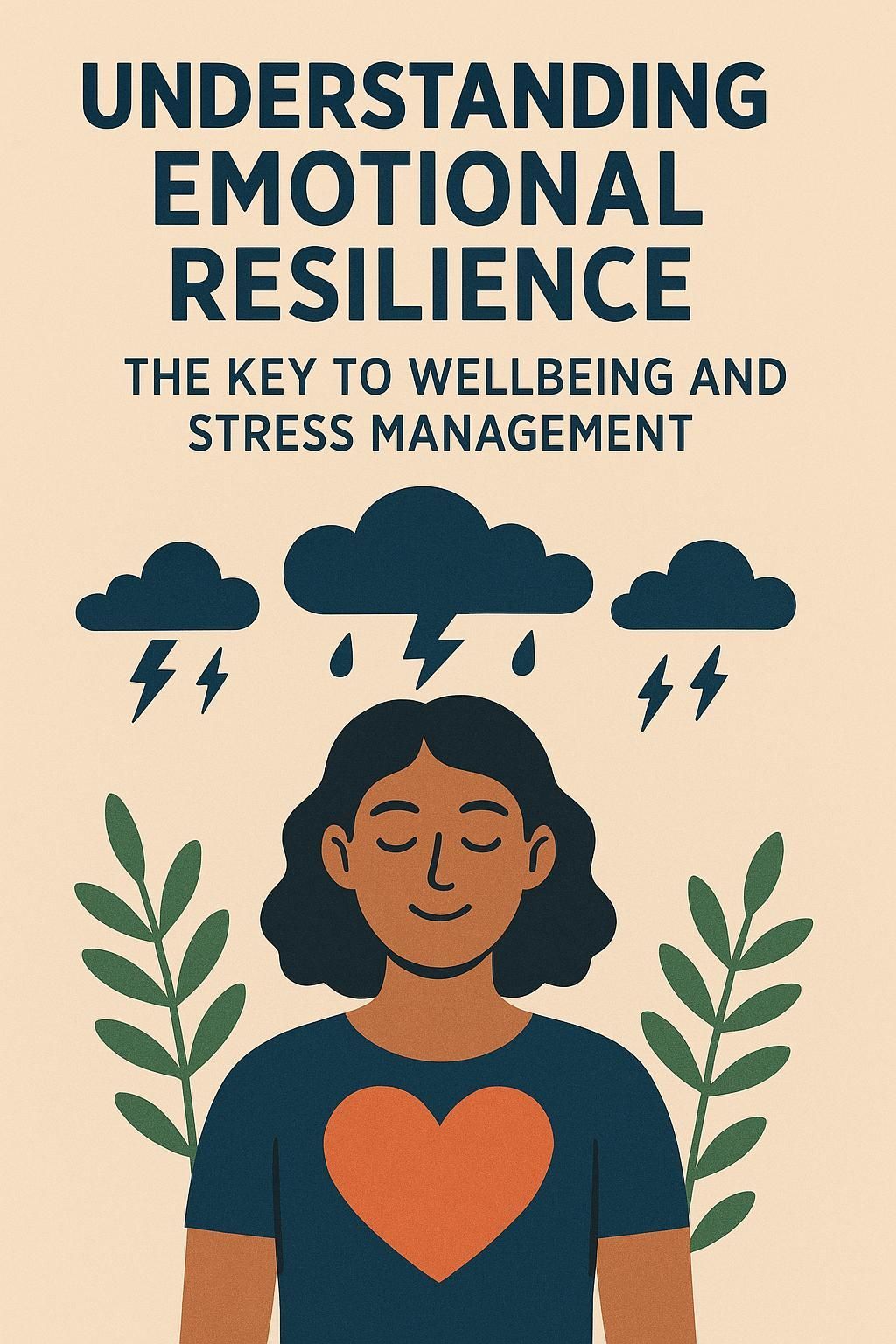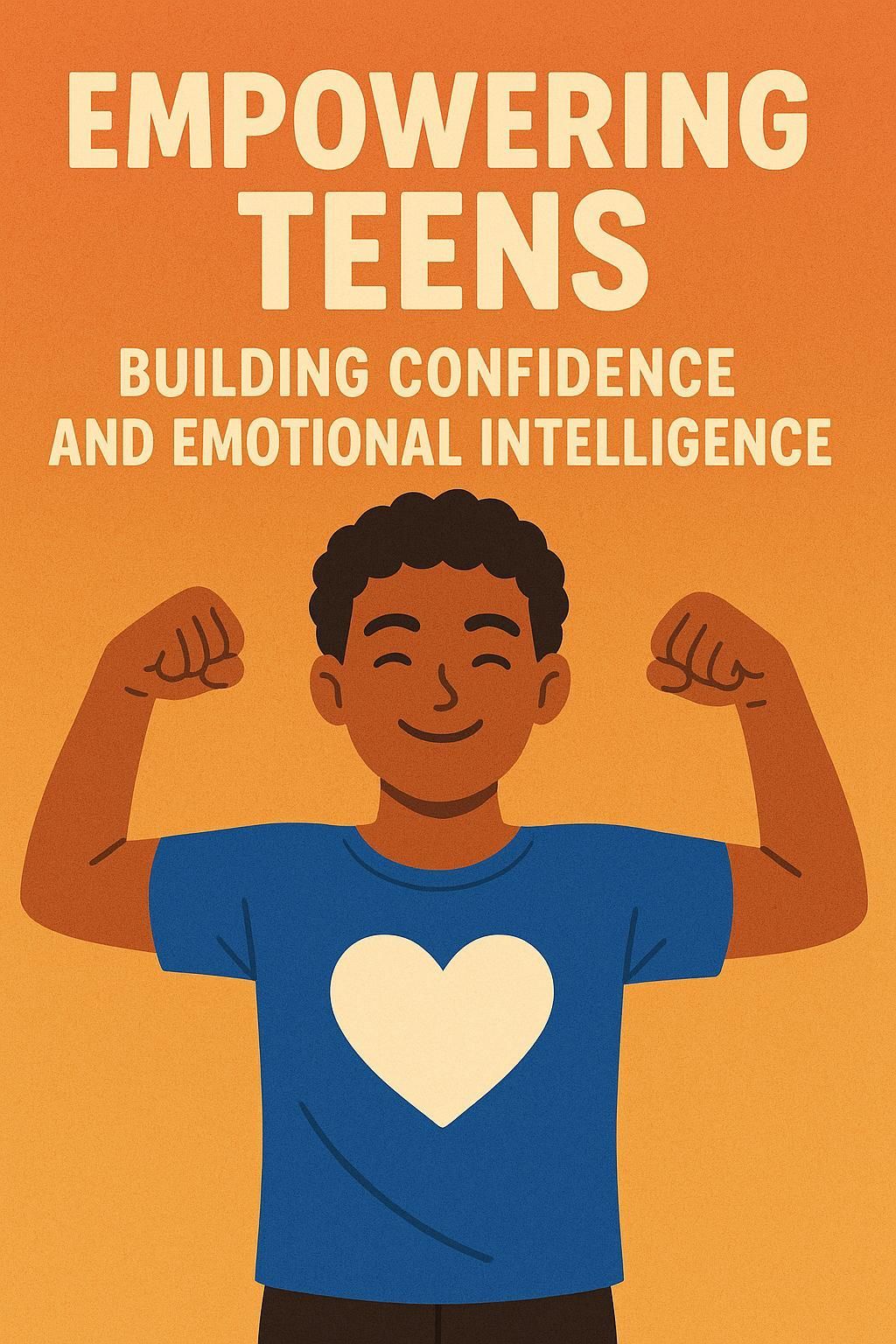Schedule Your Appointment
Our Location
17101 Preston Road, Suite 110
Dallas, TX 75248
Schedule Your Appointment
Our Location
17101 Preston Road, Suite 110
Dallas, TX 75248

Depression Treatment: A Journey Towards Healing and Hope
If you are dealing with depression, you may feel like no one understands what you’re going through. But you’re not alone. It is estimated that 21 million Americans experience at least one major depressive episode.
Fortunately, you can access mental health and wellness services like those offered at Beckloff Behavioral Health Center in Dallas that can lead you to recovery.
We will explore various treatments for depression and coping strategies to help you navigate those tough days.New Paragraph
What is Depression?
Depression is more than just feeling sad or down. It's a complex mental health condition that can affect every aspect of your life.
At its core, depression is characterized by persistent feelings of sadness, hopelessness, and a loss of interest in activities you once enjoyed.
Additionally, depression can strain relationships with family and friends as it often leads to social withdrawal and difficulty connecting with others.New Paragraph
What are the Signs of Depression?
Depression can manifest in various ways, and symptoms may vary from person to person.
Common symptoms of depression include:
1. Feeling persistently sad, anxious, or "empty" most of the time.
2. A noticeable decrease in interest or enjoyment in once pleasurable activities.
3. Significant changes in appetite, leading to weight loss or gain.
4. Insomnia (difficulty falling or staying asleep) or hypersomnia (excessive sleeping) are common in depression.
5. Feeling tired and having low energy levels, even after getting enough sleep.
6. Trouble focusing, making decisions, or remembering things.
7. Persistent feelings of inadequacy, guilt, or worthlessness.
8. Aches, pains, headaches, or digestive problems with no clear physical cause and do not respond well to treatment.
9. Increased irritability, restlessness, or agitation.
10. Withdrawing from social activities and isolating oneself from friends and family.
11. Persistent thoughts of death, dying, or suicide, or attempts to self-harm.New Paragraph
Understanding Depression Treatment Options
Several common treatments are used to address depression, and the most effective approach often depends on the individual's specific situation.
Here are some common treatments for depression:
1. Psychotherapy (Counseling): Psychotherapy, or talk therapy, involves working with a mental health professional to explore and address the thoughts, emotions, and behaviors associated with depression.
Cognitive-behavioral therapy (CBT), psychodynamic therapy, and interpersonal therapy are examples of effective therapeutic approaches.
2. Medication: Antidepressant medications can help alleviate symptoms of depression by influencing the levels of neurotransmitters in the brain.
Common types of antidepressants include selective serotonin reuptake inhibitors (SSRIs), serotonin-norepinephrine reuptake inhibitors (SNRIs), and tricyclic antidepressants.
3. Depression Support Groups: Participating in depression support groups or group therapy sessions can provide individuals with a sense of connection, understanding, and shared experiences, fostering emotional support.
4. Mindfulness-Based Therapies: Practices such as mindfulness-based cognitive therapy (MBCT) and meditation may help individuals develop awareness of their thoughts and emotions, reducing the risk of depressive relapse.New Paragraph
What are Some Coping Strategies for Depression?
Coping with depression involves adopting various strategies to manage symptoms and improve overall well-being.
Here are some natural remedies for depression:
1. Establish a Routine: Create a daily routine that includes regular sleeping and waking times, meals, and activities. A structured routine can provide stability and predictability.
2. Physical Activity: Engage in regular exercise, even if it's a short walk. Physical activity releases endorphins, which can positively impact mood.
3. Healthy Diet: Key among coping strategies for depression is a balanced and nutritious diet. Avoid excessive caffeine, alcohol, or sugary foods, which can impact mood and energy levels.
4. Relaxation Techniques: Practice meditation or deep breathing exercises to bring attention to the present moment and reduce stress.
5. Social Connections: Stay connected with friends and family. Even brief interactions can provide support and reduce feelings of isolation.
6. Set Realistic Goals: Break tasks into smaller, manageable goals. Celebrate achievements, no matter how small, to build a sense of accomplishment.
7. Express Yourself Creatively: Engage in activities that allow self-expression, such as writing, drawing, or playing a musical instrument.
8. Limit Stressors: Identify and minimize sources of stress when possible. Delegate tasks, set boundaries, and prioritize self-care.
9. Quality Sleep: Establish good sleep hygiene by maintaining a consistent sleep schedule and creating a comfortable sleep environment.
10. Practice Self-Compassion: Be kind to yourself and recognize that managing depression is a process. Setbacks may occur, but self-compassion can foster resilience.New Paragraph
Effective Depression Treatments in Dallas, TX
Talk with a mental health and wellness professional immediately if you or someone you know is struggling with severe depression or having thoughts of self-harm.
The experienced counselors at Beckloff Behavioral Health Center are in your corner and are ready to lead you to recovery.
We’ve been trained to use the above-mentioned depression treatments and will guide you in using natural remedies for depression in-between visits.
Contact us now.New Paragraph
Contact Us
Office Hours
Monday-Friday:
9AM–7PM
Saturday:
8AM–3PM
Sunday:
Closed
In addition to in-office appointments, we also offer virtual telehealth sessions.
Contact us to learn more.
Our Services
Beckloff Behavioral Health Center



